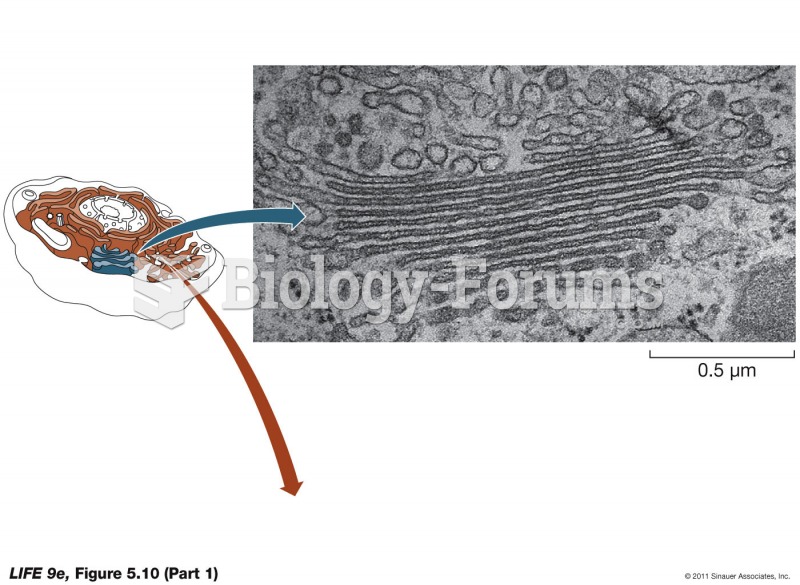Answer to Question 1
ANS: C
Answer to Question 2
ANS:
For centuries, farmers have been selectively breeding plants and animals to shape the characteristics of their crops and livestock. They have created prettier flowers, hardier vegetables, and leaner animals. Consider the success of selectively breeding corn. Early farmers in Mexico began with a wild, native plant called teosinte that bears only five or six kernels on each small spike. Many years of patient selective breeding have produced large ears filled with hundreds of plump kernels aligned in perfect formation, row after row.
Although selective breeding works, it is slow and imprecise because it involves mixing thousands of genes from two plants and hoping for the best. With genetic engineering, scientists can improve crops (or livestock) by introducing a copy of the specific gene needed to produce the desired trait. Once introduced, the selected gene acts like any other geneit provides instructions for making a protein. The protein then determines a characteristic in the genetically modified plant or animal. In short, the process is now faster and more refined. Farmers no longer need to wait patiently for breeding to yield improved crops and animals, nor must they even respect natural lines of reproduction among species. Laboratory scientists can copy genes from one organism and insert them into almost any other organismplant, animal, or microbe. Their work is changing not only the way farmers plant, fertilize, and harvest their crops, but also the ways the food industry processes food and consumers receive nutrients, phytochemicals, and drugs.







